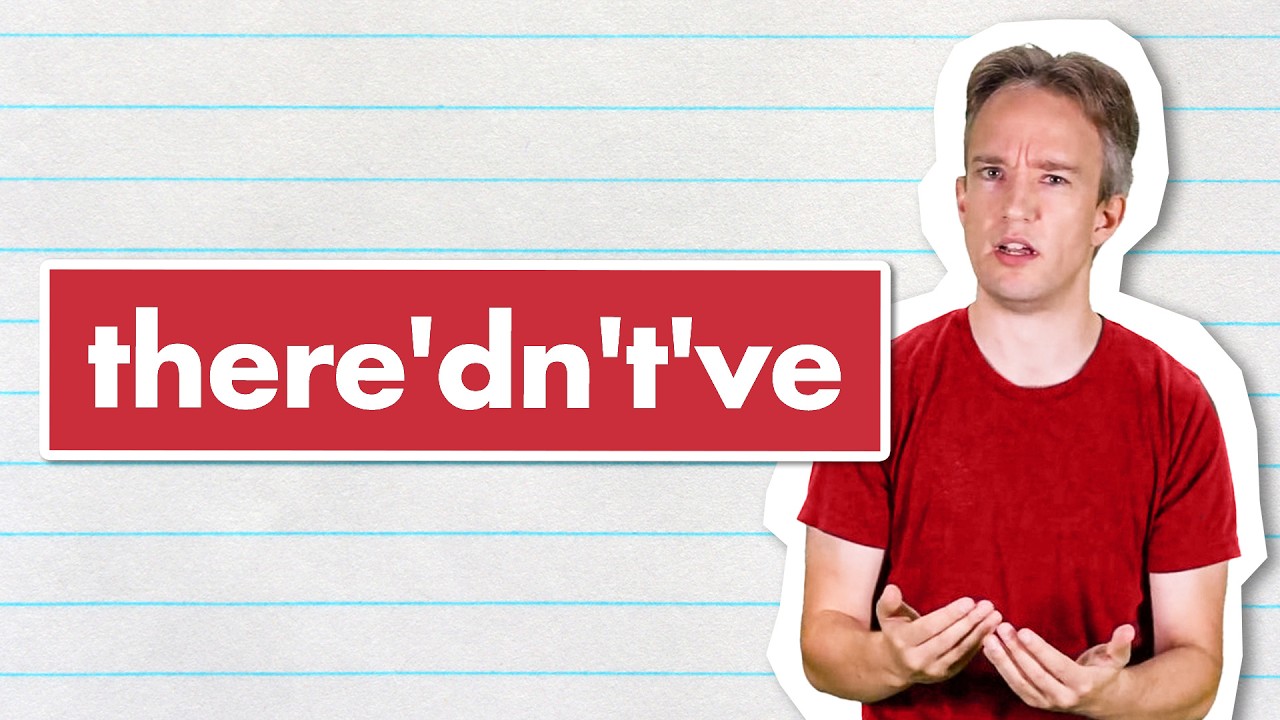Much of what determines whether a contraction “sounds right” in English depends upon the theory of clitics, words which modify the meaning of other words but whose meaning derives from the host word. For more, there is a 328 page book, Aspects of the Theory of Clitics, available in paperback for a mere US$ 78.
Would anyone be surprised if the word ‘clitic’ - per the genderist police - soon goes the way of ‘niggardly’ -per the racialist police? We know, after all, that it only requires one hypersensitive, loud, offended individual to delete a word (in use for merely half a millennium) from the lexicon, however little the word’s meaning has to do with the offended’s group.
It occurred to me that it can’t be long before somebody uses it as a pejorative term for a bad female critic.
Ahhh, but this could be determined to be sino-phobic, as it sounds like the common tendency for Chinese speakers to pronounce the letter ‘R’ as though it were an ‘L’ - as in the old saw “flied lice”. It seems as though if one spends one’s life doing anything other than contorting one’s acts, words and thoughts (as obligatory spouted) so as to conform to the rubrics of sacred ‘wokism’, it is impossible to get anything right.
That may be the Hollywood version, but the real Asian mispronounciation is “L” for “R”. So the Marine Corps often used the password “Lilliputian” in the Pacific War. Today Asians brought up with English have no problem with that letter but the Japs of WWII era would pronounce the word “Ririputian”, instantly earning them a .30-‘06 bullet or hand grenade.
